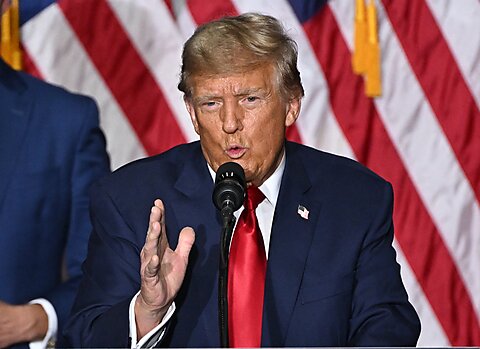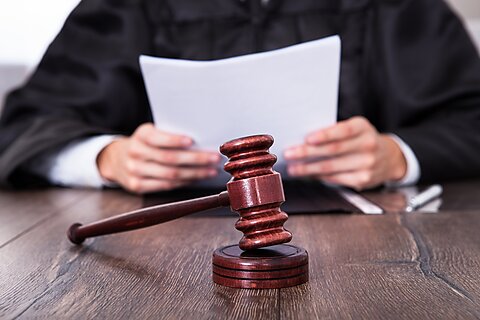
Donald Trump’s ongoing claims that the 2020 presidential election was stolen from him occupy a curious position in our current political discourse. They are plainly of the highest importance, and yet they are seldom scrutinized with much empirical or statistical care. Polls find that something on the order of a third of Americans and a majority of Republican voters accept the idea that Joe Biden was not the lawful winner in 2020. Once accepted, this belief naturally tends to foster further beliefs: that America’s election system in general is untrustworthy, that the American republic has itself in some sense been stolen, and (in some versions) that the actions of those who invaded the Capitol on Jan. 6, 2021 should be seen as understandable and perhaps pardonable.
For all the centrality of these fraud claims to the election coming up this year, they don’t get exposed to much ongoing critique of a detailed, systematic or rigorous nature. Those outside the Trump orbit have their own reasons for not spending time on them: that the claims were never strong enough to merit credence to begin with; that they were uniformly rejected after being examined by courts; that they have been refuted in audits and reviews by state and local authorities and other knowledgeable persons; that their backers are an amalgam of amateurs and lawyers trying to keep cases going, rather than scholars or practitioners conversant with the methods by which election‐watchers commonly sift data to detect vote irregularities.
Into this gap step Justin Grimmer and Abhinav Ramaswamy of the Democracy and Polarization Lab at Stanford University. Grimmer is also associated with the Hoover Institution; last summer in this space I praised a joint paper of his (with Eitan Hersh of Tufts) finding that “nearly all contemporary election laws have small effects on partisan election outcomes.”
Here is the abstract of Grimmer and Ramaswamy’s new, comprehensive 85‐page paper:
Even years after the 2020 election, Donald Trump continues to claim that fraudulent and illegal votes cost him the 2020 election. In this paper we provide the most comprehensive assessment of his empirical claims to date. All of the claims we evaluate fail to provide evidence of fraud or illegal voting. Trump’s claims of fraud or illegality are riddled with errors, hampered by misunderstandings about how to analyze official voter records, and filled with confusion about basic statistical techniques and concepts. Often, the claims are based on the casual impressions of what happens in a “normal” election based on little more than intuitions. Worse yet, several claims are simply misstated by Trump’s legal team or Trump. As a result, sometimes the public claims do not even match the weak evidence in Trump’s legal challenges. This paper provides a resource for assessing many of the most prevalent claims made about the 2020 election and a guide to anticipating potential objections in future elections.
It will be objected that a paper of this sort has no natural audience: those friendly toward Trump’s claims will not find or read it, while those opposed, if they happen to read it, will see it as merely bouncing the rubble on claims long since refuted. To me, though, persuasion still matters, and for that reason I am grateful to the authors. Whether or not they meant to, they have written an account of the susceptibility of crowd thinking that could make a pertinent appendix to Charles Mackay’s Extraordinary Popular Delusions and the Madness of Crowds, with its classic accounts of the Dutch tulip craze and the South Sea Bubble.
You can read it here (you may or may not need a DropBox account) or check out a longer summary by Steven Rosenfeld at The Fulcrum.



